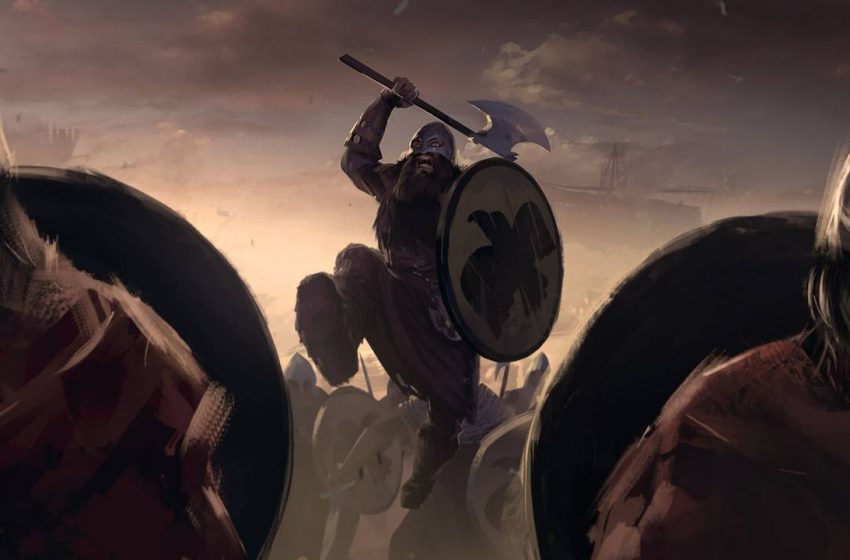

Each story decision you make is intertwined to one of these alignments. Your path to such success has changed in the DLC with the four alignments of Wealth, Mind, Spirit and Might. Of course, unifying China is important, but imagining the look on her sad, screwed up old face just felt more satisfying. She’s a nasty piece of work, and grabbing power from her either by stealth or force is a pleasing outcome. It also introduces a new ruthless central character, the Empress. The new opening cinematic does a great job of subtly staging this new competition. Winning isn’t just for bragging rights, but because you can’t let the other smug princes get there first. But the fact that this time around you’re competing against other princes for supremacy intensifies the feeling of competition.

Your aim is to attain power either by siding with the Emperor and Empress or plotting to overthrow them.Ī lot was done to aid characterisation in the main game.

Set 100 years after the main game, you control one of the titular eight princes. It places more emphasis on your decisions and the role they have in the brand-new campaign story. No surprise then, that the meatiest of the DLCs released for the game thus far should have a focus on people. Sections outside of the intense and enjoyable battle scenes became almost as fun as the bouts themselves. You cared more about the individuals involved, and your foes were real people rather than fodder for your army. It had relationships, alliances, disagreements and betrayal, giving a different backdrop to the Total War experience. Total War: Three Kingdoms was all about the people.


 0 kommentar(er)
0 kommentar(er)
